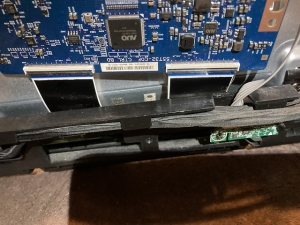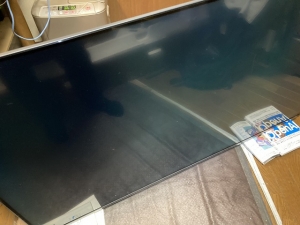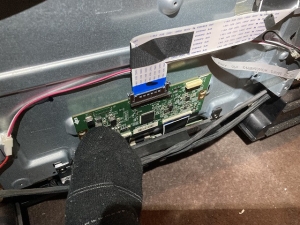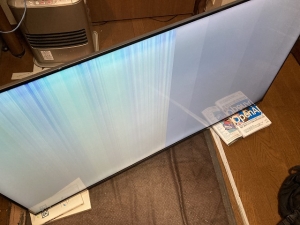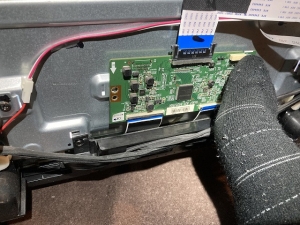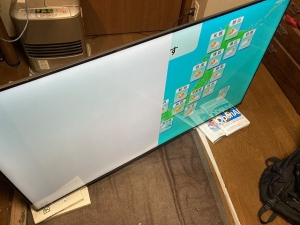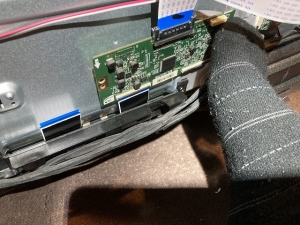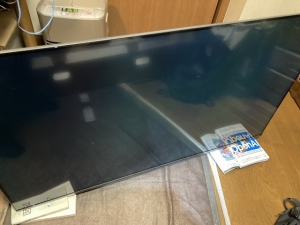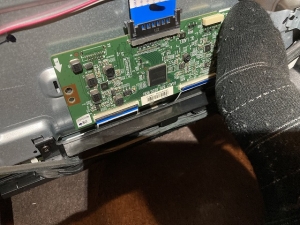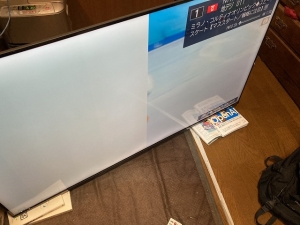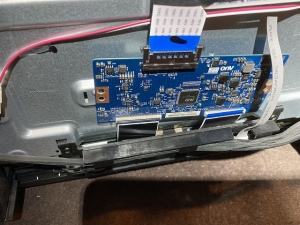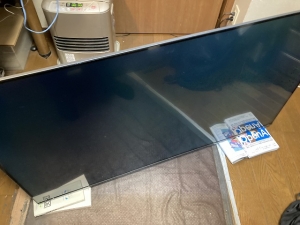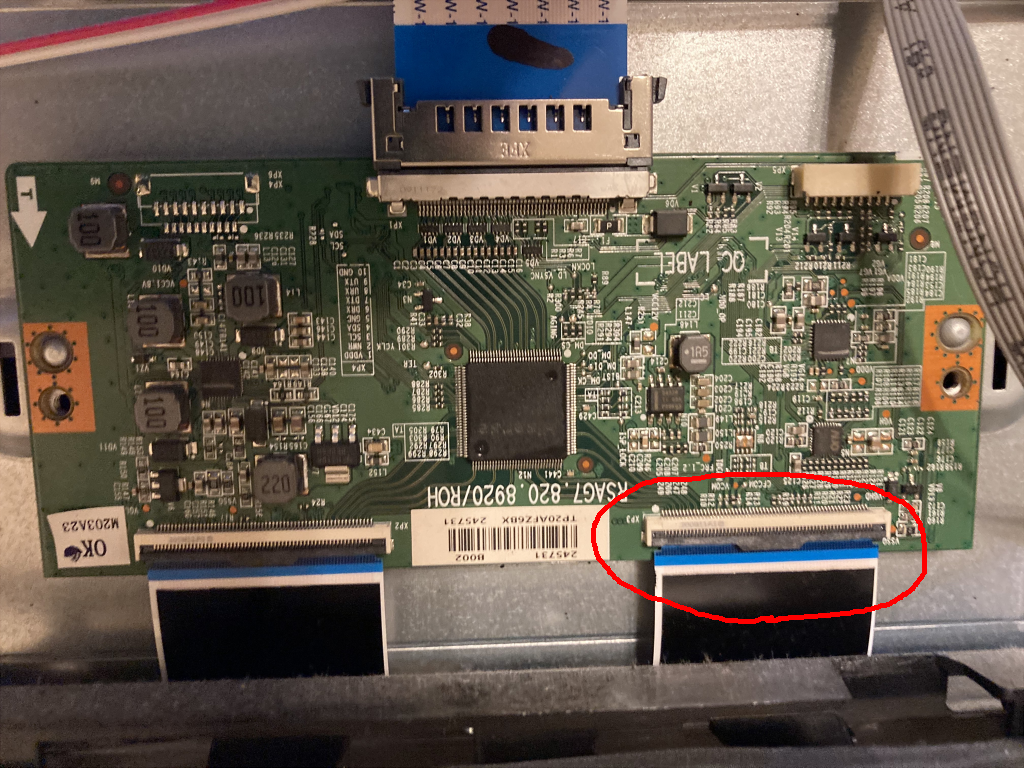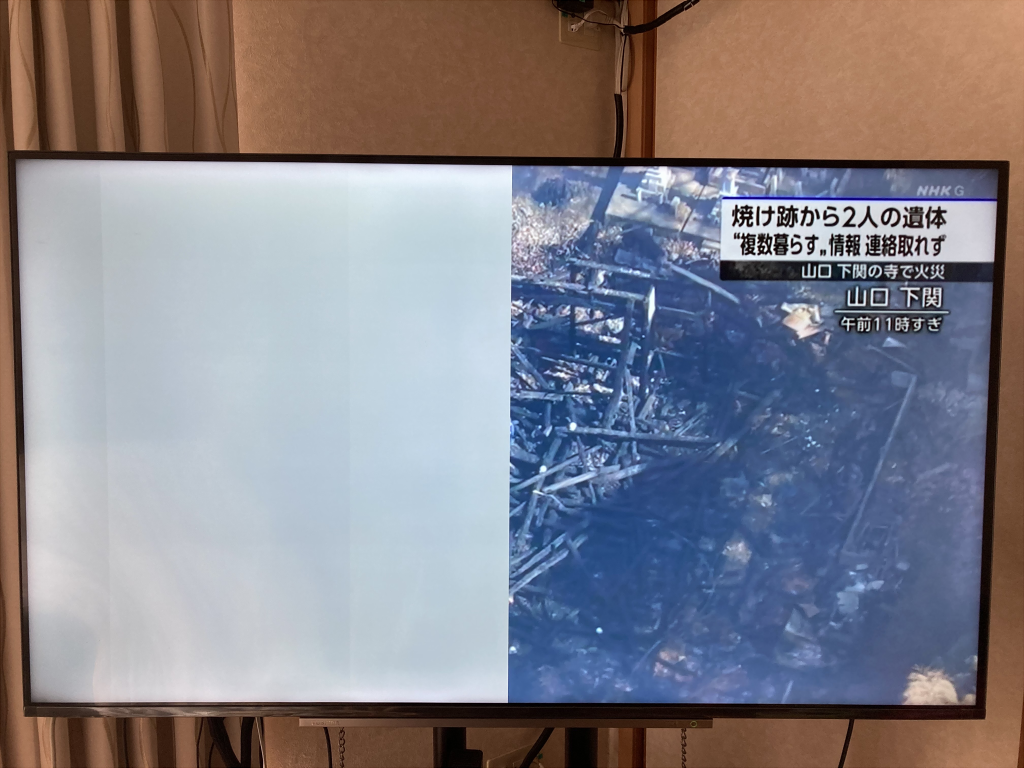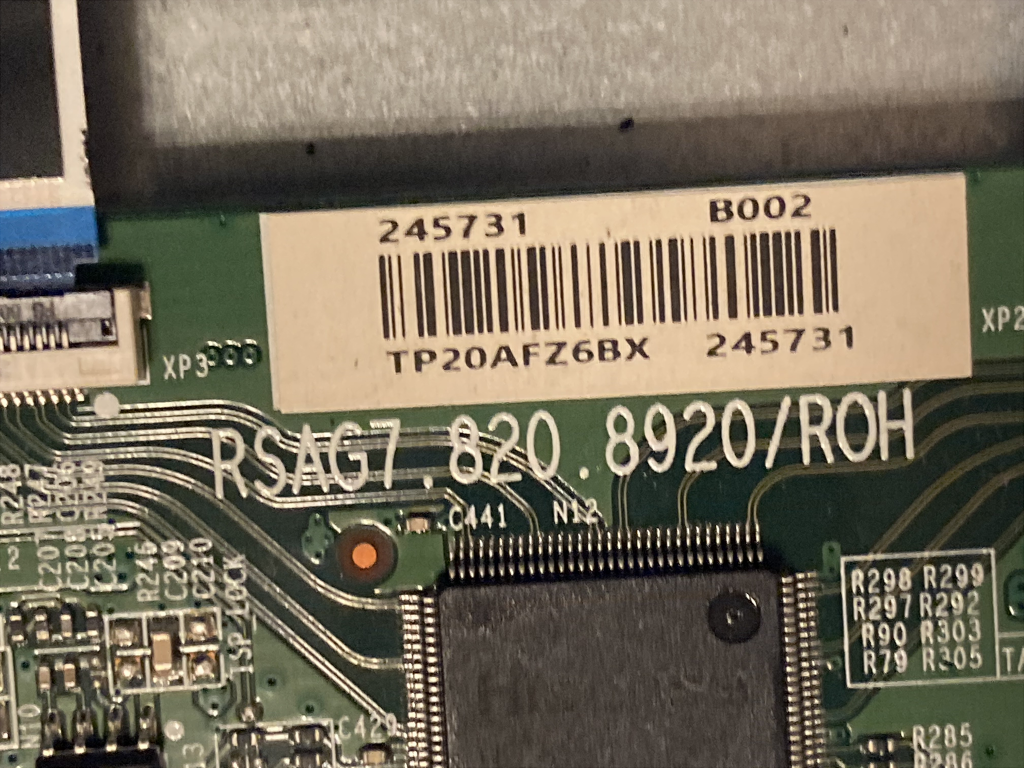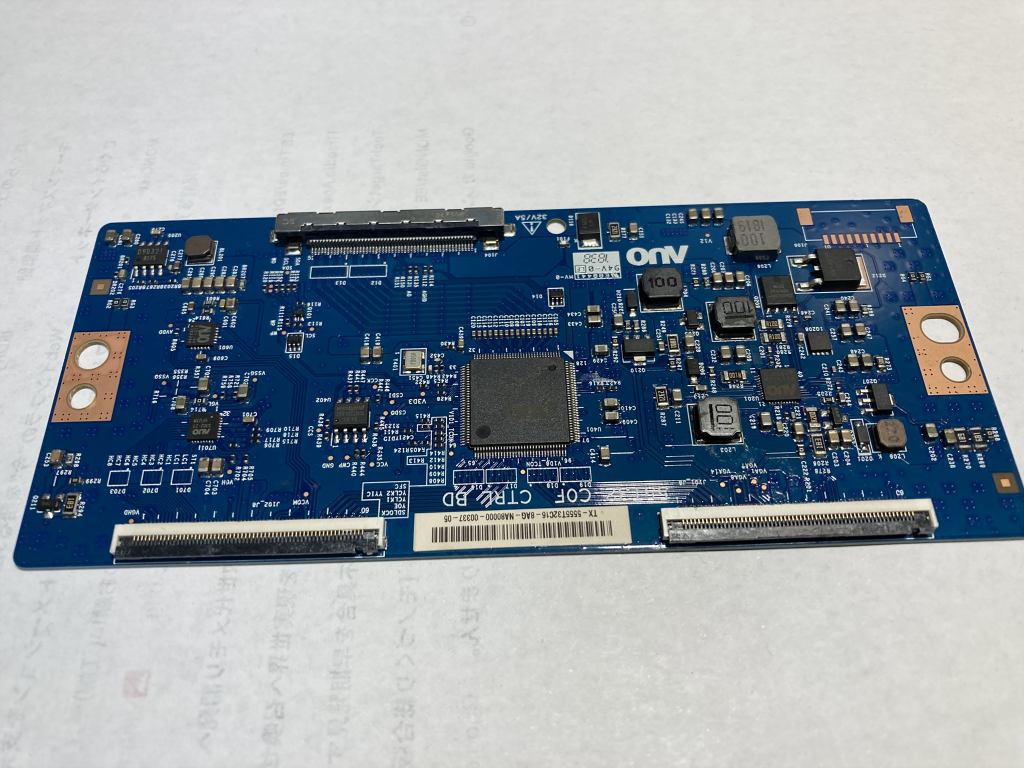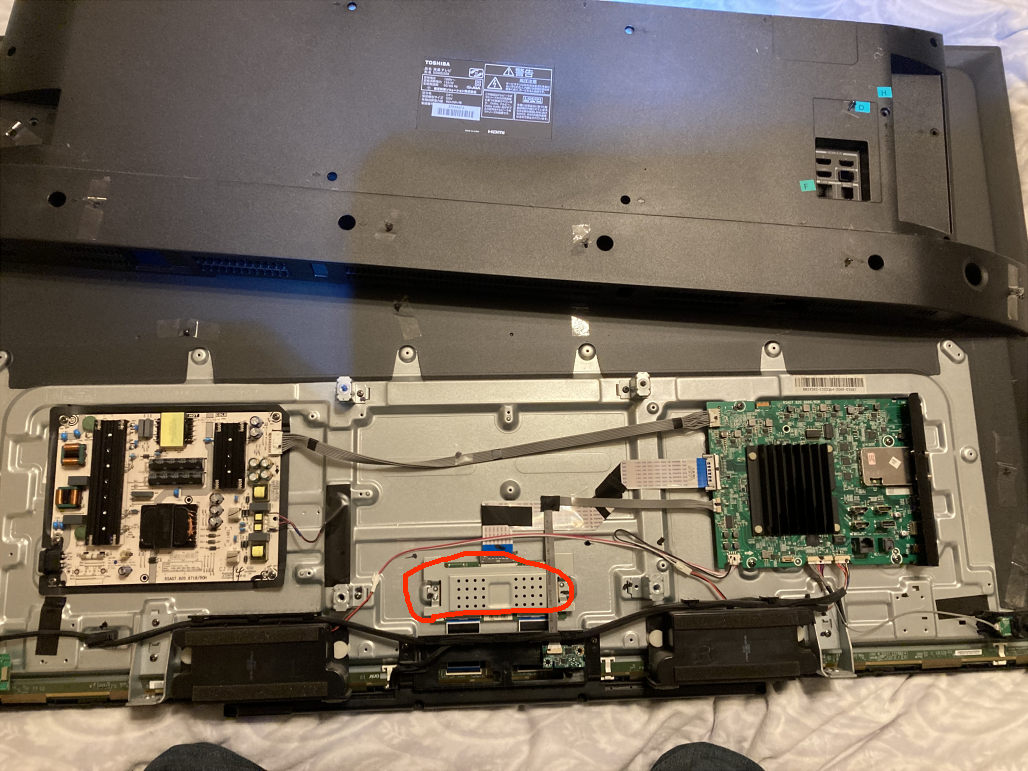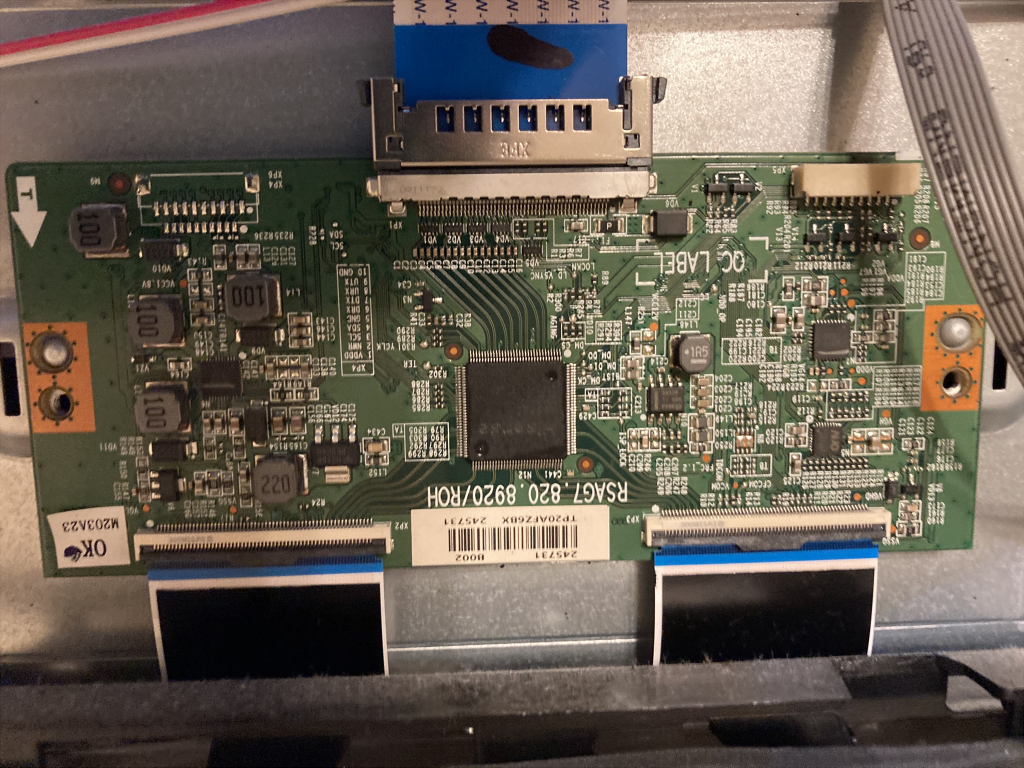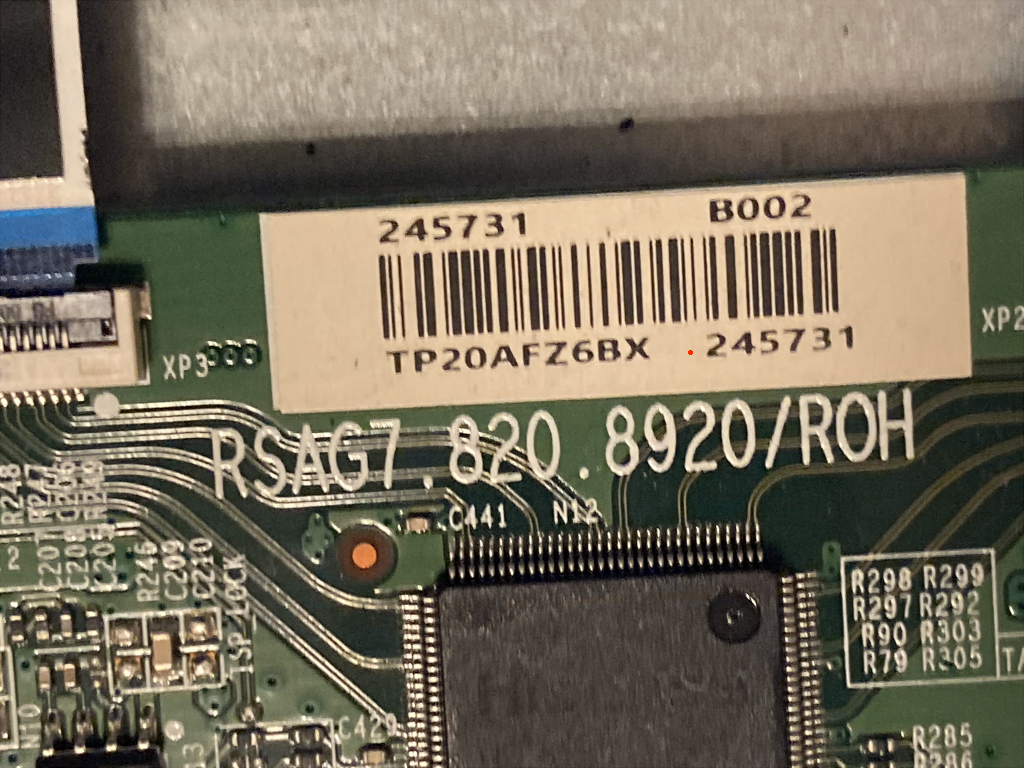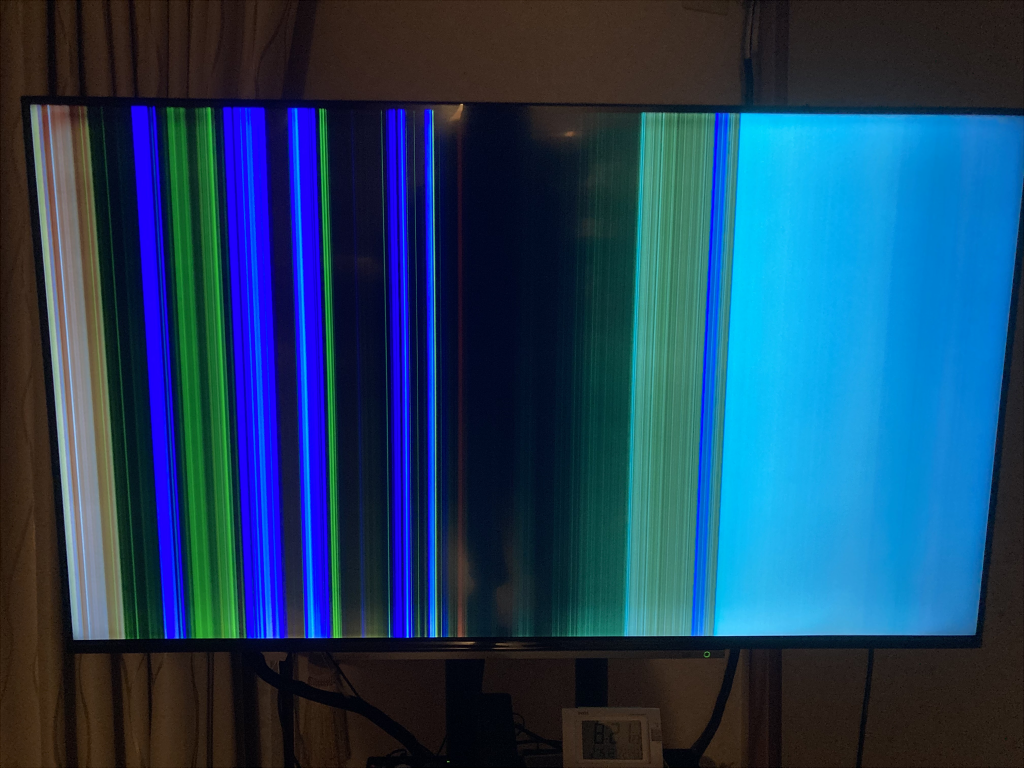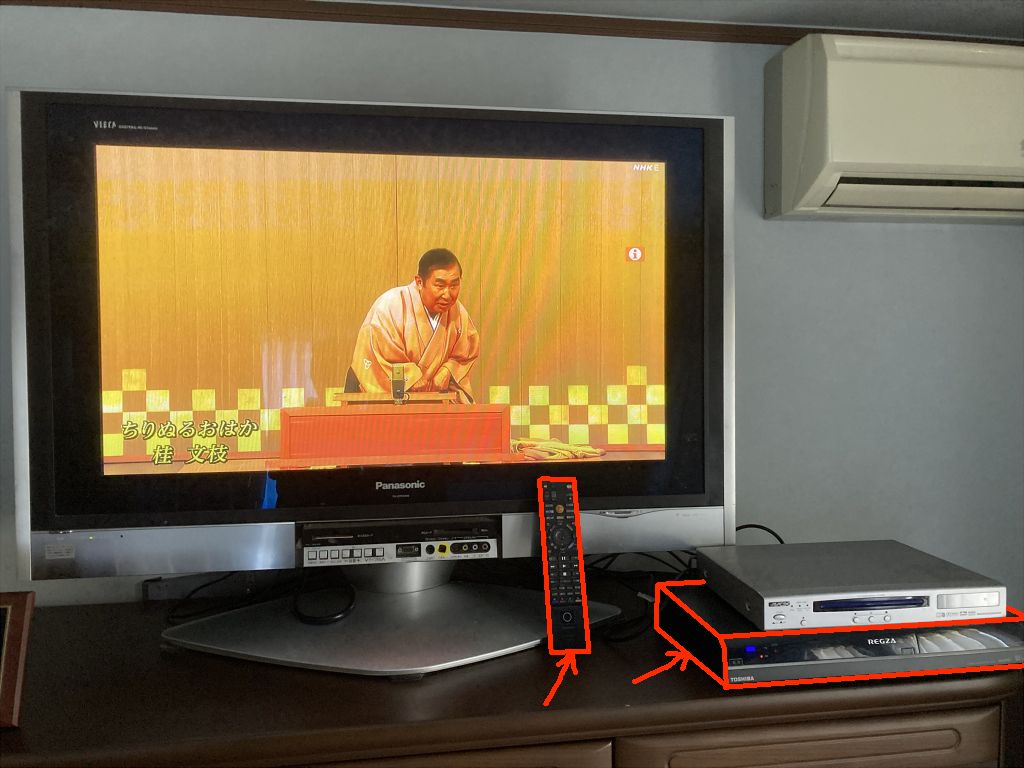読者の方から以下のメールを頂きました。
I received the following email from a reader.
====== ここから ======
====== From here ======
これまでこぼれネット及びEE Timesでのコラム、連載を楽しく拝見させて頂いております。
I have been enjoying your columns and series on Kobore Net and EE Times.
深く納得することが多く、時にはここは私とは決定的に考えが違うな、と感じることもありました。
I often find myself deeply convinced, and at times I have also felt that my thinking differs decisively from yours here.
それも含めていつも楽しく拝見させて頂いておりました。(もちろんこれからも応援しております)
Including that, I have always enjoyed reading them. (Of course, I will continue to support you.)
前提が長く申し訳ございません。
I’m sorry for the long preface.
今回、初めてメールさせて頂くに至った経緯は
The reason I came to email you for the first time is that
もし政治が複素平面上に移行したのだとすれば、問われるのは「どちらが正しいか」ではなくなります。ぶっちゃけて言えば、「正しい」という考え方が「なくなる」という状態になります。
を見て江端様が"なぜこの発想に至ったのか"が気になったからです。
After seeing it, I became curious about “why you arrived at this idea,” Ebata-san.
本文では
In the main text,
>政治に、「右方向と左方向に、突然、虚数軸が追加された」という感じです。
>In politics, it feels like “an imaginary axis was suddenly added to the right and left directions.”
と記載されていますが私としては"いやいや、そんなにサラッとそういう思考回路にはならんだろ"と感じました。
It is written that way, but I personally felt, "No, no, surely you wouldn’t arrive at that kind of thought process so casually."
江端様のエンジニアリング思考については今までも感じられることが多かったです。
I have often sensed your engineering-style thinking so far.
一方でこの発想は興味深く、大変衝撃を受け、その考えに至った理由と背景が気になりました。
On the other hand, this idea is interesting; I was greatly shocked by it, and I became curious about the reasons and background that led you to it.
なにか今までの研究などで似たような例示があったのでしょうか?
Were there any similar examples in your research up to now?
もしくは無礼な後輩様との会話からコラムを書く前に改めて考察されて(サラッとではなく)執筆されたのでしょうか?
Or did you reconsider it (not casually) and write it before the column, based on conversations with your impolite junior?
お忙しいところ恐縮ですが江端様の思考の一端に触れたく、ご返信頂けますと幸いです。
I know you are busy, but I would be grateful if you could reply, as I would like to touch on a part of your thinking, Ebata-san.
====== ここまで ======
====== End ======
このようなメールを頂けると嬉しいこともあり、また、このような発想に至ったのかも私自身でも再度整理してみたいと思っていました。
Receiving such an email makes me happy, and I also wanted to organize again how I arrived at this idea.
私、以前から申し上げている通り、Imaginary numberの"虚数"というのは誤訳だと思っています(ので、以下、虚数は書かずに、"i"と記載します)。
As I have said before, I think that “虚数” as a translation of “Imaginary number” is a mistranslation (so, below, I will not write “虚数,” and will write “i” instead).
"i"は、現実世界にがっつり存在する"現実に存在する数"です。
“i” is a “number that exists in reality” that firmly exists in the real world.
以前、こちらのコラムで「虚数解とは「解がないこと」てなことが平気で書かれていますがバカ言ってんじゃねーよ。」と書いたことがあります。
Previously, in this column, I wrote: “People casually write that an imaginary solution means ‘there is no solution,’ but don’t talk nonsense.”
私たち(多くの日本人)は、"負数"を理解しているんだから、もうちょっとだけがんばって"i"の理解に手を伸ばせよ、とは思っています。
We (many Japanese people) understand “negative numbers,” so I think we should try just a little harder and reach out to understand “i.”
つまるところ、スーパーマーケットのレジで、"i"を使わないから、ということになるでしょうか。でも、スーパーマーケットのレジで、負数を使わない、という点では同じだと思うんですけどね。
In the end, perhaps it comes down to the fact that we don’t use “i” at supermarket registers. But in terms of not using negative numbers at supermarket registers, I think it’s the same, though.
『"i"をスーパーマーケットのレジくらいの日常で説明できる具体例はないか』ChatGPTに頼んでみたのですが、ダメダメです。ゲーム、地図、ドローンなどの例を出してきたのですが、『"i"がないと困る』という話ににまでは腹落ちしないんですよ(実際の現場では、凄く困るんですけど)。
I asked ChatGPT, “Is there any concrete example that can explain ‘i’ in everyday life at the level of a supermarket register?” but it was useless. It brought up examples like games, maps, and drones, but it doesn’t fully sink in to the point of “we’d be in trouble without ‘i’” (although in real workplaces, we’d be in huge trouble).
で、私は、この日常からもっとも遠いところ ーー 量子力学のパラダイムに逃亡したのです。
So I fled to the place farthest from everyday life, the paradigm of quantum mechanics.

(↑Jump to the column)
----
今回の「政治に"i"を導入する」ということに関して、私は、多次元ベクトルを導入すべきでばないか、とも考えました。なぜなら、政治という奇怪複雑なものを、高々2次元で表わるものか? と逆に疑問が生じてきたからです。
Regarding this idea of “introducing ‘i’ into politics,” I also considered whether I should introduce multidimensional vectors instead because I began to question whether something as strange and complex as politics could really be expressed in merely two dimensions.
ですので、今回の検討に関しては、多次元ベクトル当然検討しましたし、「四元数」というものまで考えてみました。
Therefore, in this examination, I naturally considered multidimensional vectors and even thought about something called “quaternions.”
ところが色々調べてみたのですが、私が知る限りもっとも複雑で難解であった量子力学の計算においても、複素数があれば十分である、ということが分かっていました。
However, after investigating various sources, I found that even in quantum mechanics, which, to my knowledge, involves the most complex and difficult calculations, complex numbers are sufficient.
詳細は割愛しますが、現時点で観測されている自然界の相互干渉は、
I will omit the details, but the interactions observed in nature at present are sufficiently described by:
(1) 重ね合わせ
(1) Superposition
(2) 干渉
(2) Interference
(3) 確率保存
(3) Probability conservation
(4) 連続時間発展
(4) Continuous time evolution
の4つがあれば十分で、それは"i"があれば、それで足りる(らしい)のです。
These four are sufficient, and apparently, they can be satisfied if “i” exists.
一番シンプルな言い方としては「自然界は『位相を1次元だけ持てば十分だった』。それゆえ"i"で足りる」ということらしいのです。
In the simplest terms, it seems that “nature only needed one dimension of phase; therefore, ‘i’ is enough.”
量子力学においては「四元数量子力学」とか、その真逆の「実数量子力学」というものも研究されているようですが、しかし現時点で自然は『複素数を選んでいるように見える』というのが状況です.
In quantum mechanics, “quaternionic quantum mechanics” and, conversely, “real quantum mechanics” are also studied, but at present it appears that nature has chosen complex numbers.
でまあ、私は、量子力学などの自然界においても、「"i"があればそれで足りる」のであれば、政治程度の対象も、この複素空間に閉じ込めても大丈夫だろう ーー とまあ、何の根拠もなく、考えた訳ですよ。
So, I thought without any particular evidence that even in the natural world, such as quantum mechanics, “i” is sufficient. Perhaps an object like politics could also be confined within a complex space.
ぶっちゃけて言えば、「政治がどんなに面倒くさくて奇怪であろうが、量子力学ほどは難しくないだろう」ということで、私は、政治のプラットフォームを、複素空間に閉じこめても大丈夫だろう、という、証明されていない仮説のもとに、考えることにした ーー という次第です。
No matter how troublesome and bizarre politics may be, it is probably not as difficult as quantum mechanics; thus, under the unproven hypothesis that politics could be confined within complex space, I decided to proceed with that assumption.
まあ、それに、多次元ベクトルであったとしても、複数の複素空間を分離すれば援用可能で、しかも、異なる空間での計算が可能であれば、「こりゃラクだ」とも思った訳ですよ ーー まあ、研究者としては、ちょっと「それ、どうかな?」というスタンスであることは認めます。
Moreover, even if we used multidimensional vectors, we could separate multiple complex spaces and apply them. If calculations across different spaces were possible, I thought, “That would be convenient,” although I admit that as a researcher, one might reasonably say, “Is that really so?”
---
さて、ここまで散々「政治に"i"を導入する」などと書いてきましたが、最大の問題は、「ではその"i"とは政治において何を意味するのか」という点でしょう。
Now, having written at length about “introducing ‘i’ into politics,” the biggest issue is: what does this “i” mean in politics?
単なる思いつきや、理系的悪ノリであるなら、ここで話は終わります。しかし、私は、少なくとも自分の中では、それなりに構造的な理由があって、この比喩を使っています。
If it were merely a whim or a science-minded prank, the discussion would end here. However, at least for myself, I have structural reasons for using this metaphor.
まず、従来の政治の説明は、多くの場合、一次元で語られます。
First, traditional explanations of politics are often expressed in one dimension.
■右か、左か。
■ Right or left.
■市場か、再分配か。
■ Market or redistribution.
■国家か、自由か。
■ State or freedom.
これらは、実数軸で十分に表現できます。右を +1 とすれば、左は -1 です。これは「反転」の関係です。この構造は分かりやすい。だからメディアも選挙も、ほぼこの軸で整理されます。
These can be fully represented on a real number axis. If the right is +1, then the left is -1. This is a relation of “inversion.” The structure is easy to understand, which is why both media and elections are largely organized along this axis.
しかし、現実の政治を観察していると、どうもこの一次元モデルでは説明できない振る舞いが現れます。
However, in real politics, behaviors emerge that cannot be explained by this one-dimensional model.
例えば、
For example,
- 法治を重んじるか、その場の感情的正義を優先するか
- Whether to value the rule of law or prioritize emotional justice in the moment
- 制度の整合性を守るか、短期的な喝采を取りに行くか
- Whether to preserve institutional consistency or chase short-term applause
- 長期的な安定を志向するか、劇的な変革を求めるか
- Whether to aim for long-term stability or seek dramatic change
これらは右にも左にも現れます。
These appear on both the right and the left.
市場重視派にもポピュリストはいるし、再分配重視派にも制度至上主義者はいる。極右にも冷静な制度主義者は存在し、極左にも衝動的な運動家は存在します。
There are populists among market-oriented advocates, and institutional supremacists among redistribution advocates. Even on the far right, there are calm institutionalists, and on the far left, impulsive activists.
つまり、この対立は、右と左の「反対方向」ではないのです。数学で言えば、反対とは -1 の関係です。しかし、今述べた対立は -1 ではない。右と左の軸をいくら行き来しても、この対立は消えません。右にいても発生し、左にいても発生する。
In other words, this conflict is not simply the “opposite direction” of right and left. In mathematics, opposition corresponds to a relation of -1. But the conflict just described is not -1. No matter how much you move back and forth along the right - left axis, this conflict does not disappear. It arises whether you are on the right or on the left.
ここで初めて、「直交」という言葉が意味を持ちます。
Here, for the first time, the word “orthogonal” gains meaning.
直交とは、一方をどれだけ強めても、他方の値は決まらない関係です。内積がゼロ、と言っても良い。
Orthogonality refers to a relationship in which strengthening one dimension does not determine the value of the other. One might say the inner product is zero.
右であることと、法治を尊重することは、同一の軸上の値ではない。左であることと、ポピュリズムに傾くことも、同一軸上の値ではない。この独立した軸を、私は、便宜的に "i" と呼んでいます。
Being right-wing and respecting the rule of law are not values on the same axis. Being left-wing and leaning toward populism are also not values on the same axis. I conveniently call this independent axis “i.”
実数軸が「右と左」であるなら、虚数軸(いや、"i"軸と言った方がよいでしょう)は、制度的整合性 ←→ 感情的衝動、長期合理性 ←→ 短期情動、 のような、反転ではない対立を表す軸です。
If the real axis represents “right and left,” then the imaginary axis, rather, the “i axis,” represents oppositions such as institutional consistency versus emotional impulse, long-term rationality versus short-term emotion, which are not mere inversions.
そして、ここが面白いところなのですが、この軸はしばしば左右を横断します。
Here is the interesting part: this axis often cuts across right and left.
右の内部にも左の内部にも存在し、ときには左右の対立よりも激しく衝突します。ある意味で、左右対立は実数的であり、制度と衝動の対立は直角方向なのです。
It exists in both the right and the left, and at times clashes more intensely than the right does with the left opposition. In a sense, the right-left conflict is real-valued, while the conflict between institution and impulse lies at a right angle.
では、なぜ私は、これを "i" と呼ぶのか。
So why do I call this “i”?
数学では、90度回転を表す操作を i と書きます。直角方向を1回与える操作です。そして i を2回適用すると -1 になる。すなわち、直角方向を2回進むと、反対方向に至る。
In mathematics, the operation representing a 90-degree rotation is written as i. It gives one step in a perpendicular direction. Applying i twice yields -1; that is, moving twice in the perpendicular direction results in the opposite direction.
政治にも似た現象があります。
Politics shows similar phenomena.
■制度軽視の衝動が極端化すると、やがて強権的な制度主義に反転する。
■ When the impulse to neglect institutions becomes extreme, it eventually flips into authoritarian institutionalism.
■過剰な安定志向は、停滞を通じて急進的変革を呼び込む。
■ Excessive pursuit of stability invites radical change through stagnation.
■直交軸が二度作用すると、反転が起きる。
■ When the orthogonal axis acts twice, inversion occurs.
これはもちろん数学的証明ではありません。しかし、構造アナロジーとしては、かなり整合的に見えます。
This is, of course, not mathematical proof. However, as a structural analogy, it appears quite coherent.
私は、「政治が複素線形空間である」と主張したい訳ではありません。
I do not claim that politics is a complex linear space.
ただ、右と左という実数軸だけでは説明しきれない独立した対立軸が存在する、ということを、最も簡潔に示す記号が "i" だった、というだけの話です。
I mean that the symbol “i” was the most concise way to indicate the existence of an independent axis of conflict that cannot be fully explained by the real axis of right and left.
そして、もし自然界の最も難解な理論である量子力学ですら、
And if even quantum mechanics, the most intricate theory of the natural world,
- 重ね合わせ
-干渉
-確率保存
-連続時間発展
-Superposition
-Interference
-Probability conservation
-Continuous time evolution
という4条件を満たすのに "i" があれば十分であったのなら、政治という人間的営為も、まずは複素平面くらいに押し込めて考えてみても罰は当たらないだろう、と私は思ったのです。
can satisfy these four conditions with “i,” then I thought that it would not be unreasonable to at least try to confine the human activity of politics within a complex plane.
これは証明ではありません。モデルですらないかもしれません。
This is not proof. It may not even be a model.
しかし、右と左の一直線の上で延々と罵り合うよりは、直角方向の軸を導入した方が、少なくとも構造的には誠実だろう ―― それが、私が「政治に"i"を導入する」と書いたときの、思考の内実です。
But rather than endlessly hurling abuse along a single right-left line, introducing a perpendicular axis is at least structurally more honest; that is the substance of my thinking when I wrote “introducing ‘i ’ into politics.”
---
ここから先は、虚数軸("i")方向の要素を検討して、展開するだけでした。
From that point on, it was simply a matter of examining and developing the elements in the imaginary-axis (“i”) direction.
でもって、これが、
And thus, this led to
もし政治が複素平面上に移行したのだとすれば、問われるのは「どちらが正しいか」ではなくなります。ぶっちゃけて言えば、「正しい」という考え方が「なくなる」という状態になります。
というコラム(日記)至った、という流れになっております。
the column (diary entry) at that link.
---
さて、ここから、読者様から頂いたメールの内容にお答えしたいと思います。
Now, from here, I would like to respond to the contents of the reader’s email.
========================================
Q1:なにか今までの研究などで似たような例示があったのでしょうか?
Q1: Were there similar examples in your past research?
========================================
敢えて言うのであれば、MAS(マルチエージェントシミュレーション)による、現実世界と同じ数の人間を使った実数エージェントの研究・・・かな。私、『現実世界にあって、可視状態にあるものは、計算可能』という一種の信念(妄想)を持っています。
If I must say, perhaps it relates to research using MAS (multi-agent simulation) with real-number agents corresponding to the same number of people as in the real world. I hold a kind of belief (or delusion) that “what exists in the real world and is in a visible state is computable.”
で、まあ、政治も、『現実世界にあって、可視状態にある』ことには違いがないから、計算可能分野に引き込むことができるんじゃないかなぁ、と、ぼんやりと考えていたことはありました。
So I vaguely thought that, since politics also exists in the real world and is visible, it could be drawn into the domain of computation.
これが、以前検討していた「量子コンピュータの連載」の話とリンクして、ここに至った、というのが正直な感想です。
Honestly, this connects with my earlier series on quantum computers, which led me here.
一応、この考え方、私個人のオリジナルではあります。
At least for now, this way of thinking is my own original idea.
========================================
Q2:もしくは無礼な後輩様との会話からコラムを書く前に改めて考察されて(サラッとではなく)執筆されたのでしょうか?
Q2: Or did conversations with your impolite junior lead you to reconsider and write the column (not casually)?
========================================
この考えについては、無礼な後輩との会話から着想した訳ではありませんが、後輩も私も「モデリング」というのが、業務の一つではありますので、こういう考え方をする訓練は日常的にされているとは言えるかもしれません。
This idea did not originate from conversations with my impolite junior, but since both of us engage in “modeling” as part of our work, one could say that we are trained daily to think in such ways.
まあ、総括すると、"毎日、そんなことばっかり考えて生きている"という"習慣のなせる技"かなぁ、とか考えております。
In summary, perhaps it is simply the result of the habit of “spending every day thinking about such things.”
長々と記載させて頂きましたが、この内容にて、ご質問のご返答になっていれば、幸いと存じます。
I have written at length, but I hope this answers your question.
江端智一
Tomoichi Ebata
